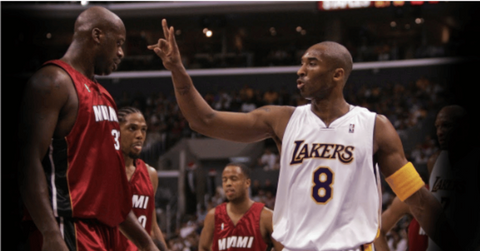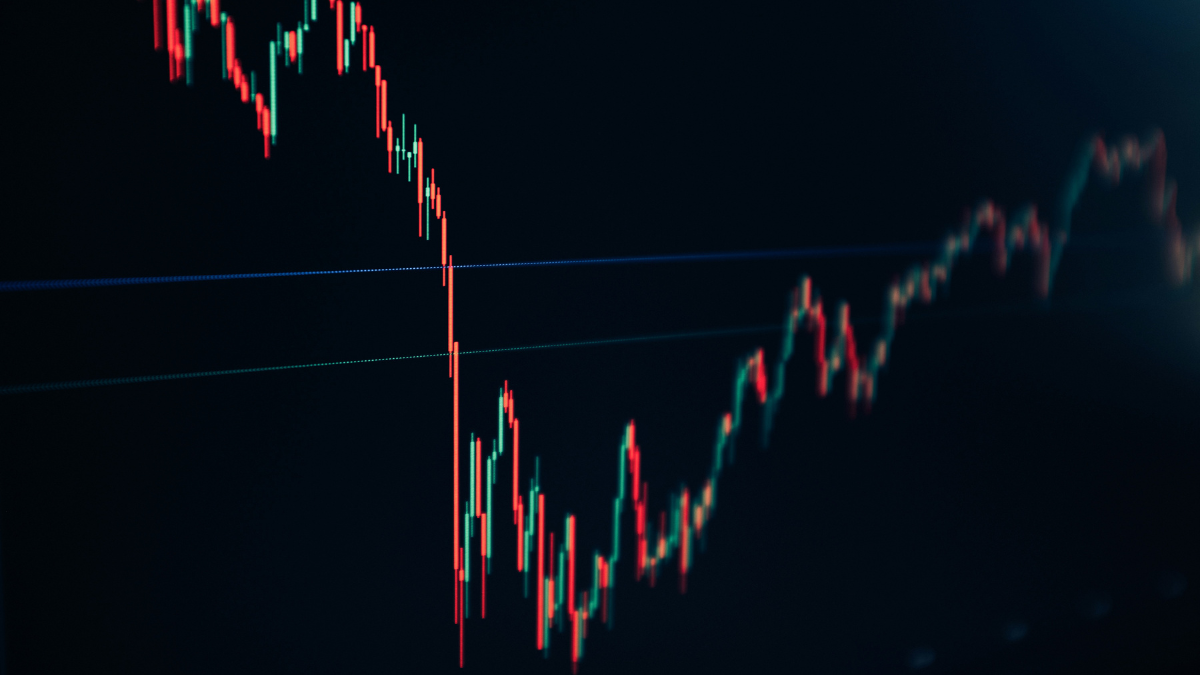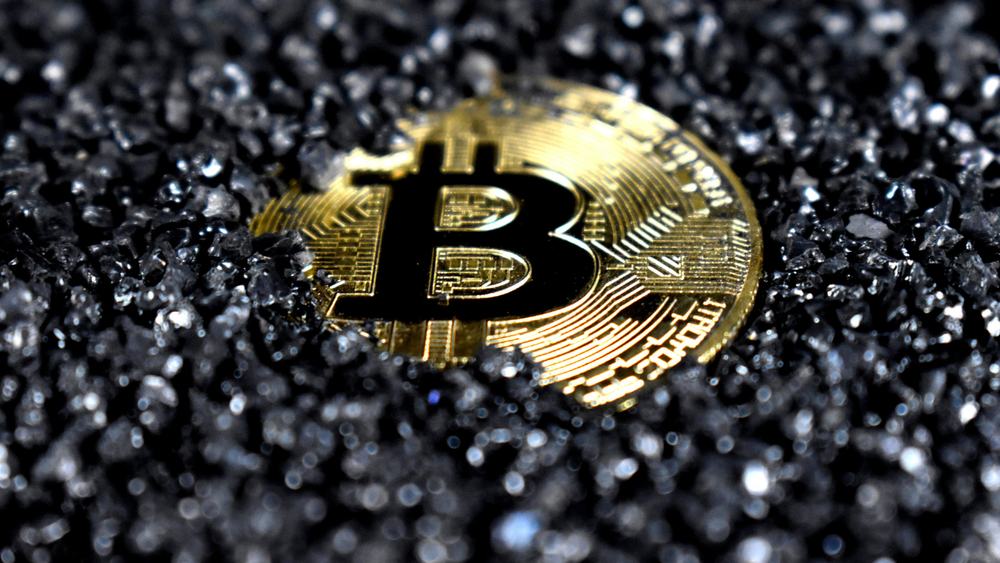Public Conflicts Between Athletes: Personal Relationships That Ruin Careers

April 21 2025, Published 3:00 a.m. ET
When private feuds go public, the fallout can be career-defining — or even career-ending. Behind the talent and trophies, broken friendships and ego battles often shape an athlete’s legacy as much as their performance.
From locker room tension to social media drama, personal conflicts between athletes have derailed championships, split teams, and altered careers. This article explores famous examples, the psychological impact of rivalry, and how conflict management (or lack thereof) can make or break an athlete’s future.
In the hyper-competitive world of professional sports, pressure is a given — but when personal relationships between teammates, rivals, or coaches implode, the impact can spill far beyond the field. Sometimes, it’s a clash of egos. Other times, it’s a deep betrayal. Whatever the cause, public conflicts between athletes often end in damaged reputations, lost endorsements, or even premature retirement.
In an era where every argument can become a headline and every tweet can spark a firestorm, managing interpersonal relationships is as crucial as managing performance. The sporting world is full of cautionary tales — from bitter locker room splits to rivalries that escalated beyond repair. Together with the team https://jugabet.cl we will talk about this in more detail.
Famous Feuds That Shook the Sports World
1. Shaquille O’Neal vs. Kobe Bryant
This is perhaps the most infamous teammate conflict in NBA history. Shaq and Kobe won three championships together with the LA Lakers, but behind the scenes, they were often at odds. Personality clashes, disputes over leadership, and public jabs in interviews created a toxic atmosphere. The team eventually split, and many believe the dynasty could have lasted longer if not for their personal feud.
2. Serena Williams vs. Maria Sharapova
Their rivalry extended beyond the tennis court. While Serena dominated in wins, the tension between the two often centered on personal matters, including romantic rumors and media comments. Sharapova’s autobiography reignited the fire, further complicating an already frosty relationship. For fans and sponsors, the tension became part of the story — sometimes overshadowing the sport itself.
3. Roy Keane vs. Mick McCarthy
In the 2002 FIFA World Cup, Irish captain Roy Keane was sent home after a public confrontation with manager Mick McCarthy. Keane criticized the team's preparation and training conditions, leading to an explosive team meeting. The fallout left a hole in Ireland’s midfield and became one of the most talked-about conflicts in football history.
4. Ronda Rousey vs. Miesha Tate
In MMA, personal feuds often boost ticket sales — but they also leave emotional scars. Rousey and Tate’s bitter rivalry was fueled by verbal jabs, intense stare-downs, and backstage drama. While it heightened the sport’s visibility, it also blurred the line between competition and personal vendetta.
How Personal Conflicts Derail Careers
Loss of focus
When athletes are caught in personal drama, their mental focus and training discipline can suffer. Petty arguments, jealousy, or resentment eat away at performance readiness — often leading to underperformance at critical moments.
Team chemistry breakdown
In team sports, cohesion is key. A feud between players or with a coach can divide the locker room, creating factions and tension that affects collective morale. Coaches may be forced to bench or trade talent to restore unity.
Negative media coverage
Conflicts become public spectacles in the age of social media. A leaked message or bitter post can spiral into full-blown controversy. The more fans and press weigh in, the harder it becomes to move forward.
Lost endorsements and reputation
Brands are wary of aligning with athletes embroiled in controversy. Public feuds can damage personal branding, leading to sponsorship withdrawals or a stained legacy that follows athletes even after retirement.
Behind the scenes: Ego, envy, and ambition
While talent brings players together, ego often tears them apart. Athletes at the top of their game are fiercely driven, and that drive can morph into jealousy or control issues when roles shift.
One athlete may feel overshadowed by another's stardom.
Leadership disputes may turn into personal vendettas.
Off-field relationships, such as dating or business deals, can trigger drama.
Sports psychologists note that high-performance environments can amplify personality clashes, especially when there’s a lack of conflict resolution support from management.
Can conflict be managed?
In some cases, yes. Teams now employ sports psychologists, mediators, and leadership coaches to help navigate tension before it escalates. The key is early intervention, mutual respect, and a willingness to prioritize the team's success over individual pride.
Successful resolutions:
Michael Jordan and Dennis Rodman: Despite their differences, they found mutual respect and helped the Bulls dominate.
Cristiano Ronaldo and Wayne Rooney: After a fiery World Cup clash in 2006, the two reconciled and delivered stellar seasons at Manchester United.
Tom Brady and Bill Belichick: Though their relationship was strained, they maintained professionalism long enough to win multiple Super Bowls together.
When athletes put the game first, even the most intense rivalries can evolve into powerful partnerships.
The role of media and fans

Let’s not forget the role of spectatorship. Public opinion, social media, and press narratives often fan the flames of private disagreements. What may have been a manageable locker room issue becomes a viral headline, turning fans into judges and rivals into villains.
The attention can create pressure to "choose sides," deepen the conflict, and distract from the athlete’s real purpose: performance.
Conclusion: Talent isn’t everything
At the elite level of sport, emotional intelligence is as crucial as physical ability. Athletes who can manage relationships, handle egos, and communicate effectively tend to enjoy longer, more stable careers.
Conflict is natural in high-stakes environments — but when left unchecked, it can rewrite a career, a team, or even a sport’s history.
For rising stars, the lesson is clear: greatness isn’t just about how you play — it’s also about how you get along.


